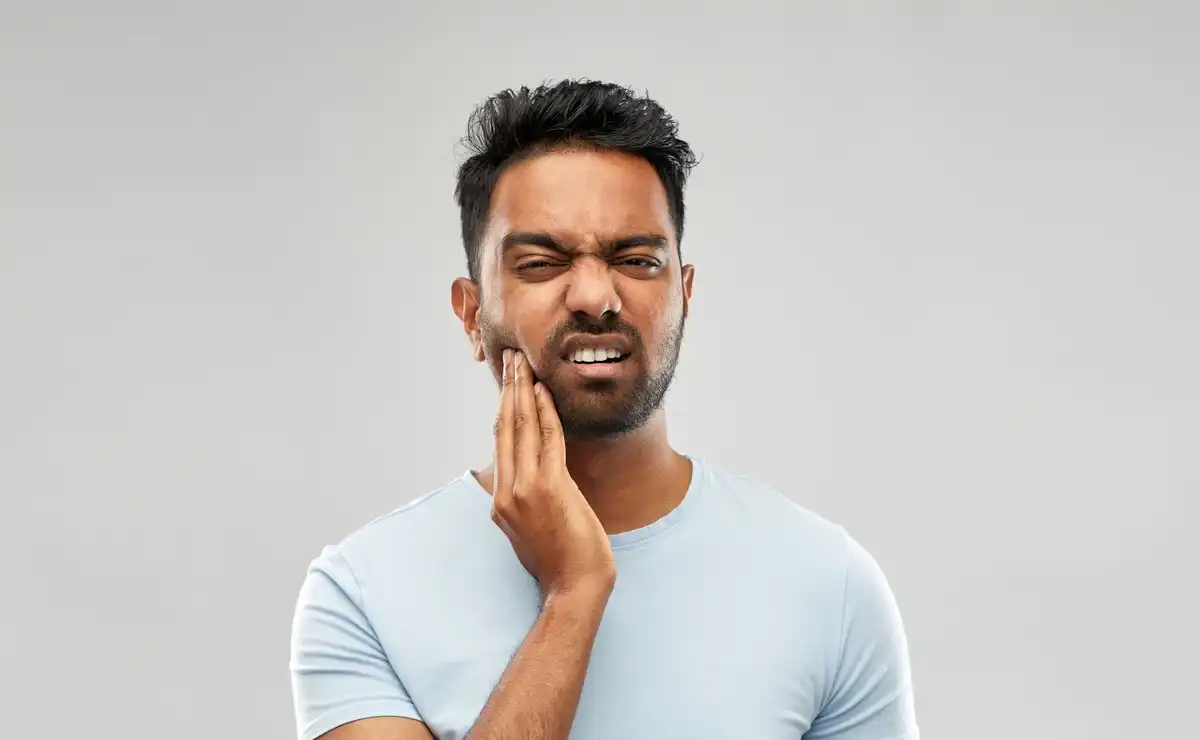Is Your Dental Crown Giving You Pain? Causes and Treatment


Dental crowns – sometimes called “caps” – are protective covers that wrap around your entire tooth to safeguard it from fractures, excess wear, sensitivity, and pain. They’re usually made of ceramic, gold, or porcelain fused to metal.
After your treatment is complete, you should be able to go about your usual daily routine without anything bothering you. But if you notice pain with dental crowns, pay attention. The type of dental crown pain you’re experiencing can tell you whether or not there’s a problem.
What Is Causing Your Crown To Hurt?
Pain with dental crowns is usually because of situations like:
- a tender nerve immediately after your crown treatment
- grinding/clenching/bruxism
- your crown sitting too “high” on the tooth
- there is a leak or cavity around your crown
- nerve inflammation or an abscess
- exposed root surfaces
- a cracked tooth underneath the crown
Obviously, some pain with dental crowns is worrisome while others are not. If you notice the tooth with a crown hurting more when you’re chewing, first thing in the morning, or alongside of a sinus infection, the pain is likely coming from something other than your tooth.
Treating your pain with dental crowns will depend on your unique situation. Usually, you’ll need your dentist to examine the tooth to find out exactly what’s going on. If there’s a leak or inflamed nerve, there are only a few options. But if the crown sensitivity is because of something like the exposed root surfaces getting irritated by your whitening toothpaste, it could be a pretty quick fix.
Relieving Pain At Home
DIY treatment for pain with dental crowns usually starts out with evaluating your oral hygiene routine. First off, check your toothpaste label. Is it a whitening blend? The ingredients could be irritating the part of your tooth that’s exposed right along the gumlines, at the edge of your crown. Switching to a sensitivity toothpaste could reverse your discomfort within a couple of weeks.
Second, ask yourself how often you’re flossing. If there’s plaque buildup up around the edges of your crown, it could be eroding your tooth enamel or causing your gums to get inflamed. A lot of people worry about pulling their crowns off if they floss, but a good, stable crown isn’t going to go anywhere. And if it falls out when you’re flossing, it was going to fall out anyway! It’s better for a crown to come out while you’re flossing than it is during a meal.
Treatment By A Professional
If your dental crown pain is something linked to an abscess, decay under the edges of your cap, or even bruxism (clenching and grinding,) you’ll need to see your dentist. Chances are they’ll want to take a PA X-ray of the tooth to evaluate the root and any area not covered by the crown. They might also use a special paper to help measure the heaviest biting points on the chewing surface of your crown and opposing tooth.
In the instance of grinding, your dentist can fit you with a custom mouthguard or bite splint to help you take the pressure off of your tooth. Or if the tooth is hitting too high, your dentist can slightly adjust the biting surface so that it doesn’t come into contact with the opposing tooth as heavily.
But, if there’s a cavity around your crown, it will need to be removed and the tooth re-treated completely (which means having a new crown made.) In a worst-case scenario, the tooth might be abscessed and require a root canal.
Bottom line, if there’s an infection under your crown, your dentist needs to do something about it ASAP. Otherwise, you’re putting yourself at risk for serious toothaches or dental emergencies later on.
Relieving Tooth Crown Pain
Pain with dental crowns may be something that’s totally preventable (like changing your toothpaste or wearing a nightguard) or more complex (such as an abscess or cavity under your cap.) It’s fairly common to experience minor tooth sensitivity immediately after crown treatment, but this temporary irritation usually goes away within a month or so.
If your tooth with a crown is hurting, make a point to see your dentist for an exam and X-ray to rule out any serious issues before they have a chance to get worse.

Make your inbox smile!
Subscribe






